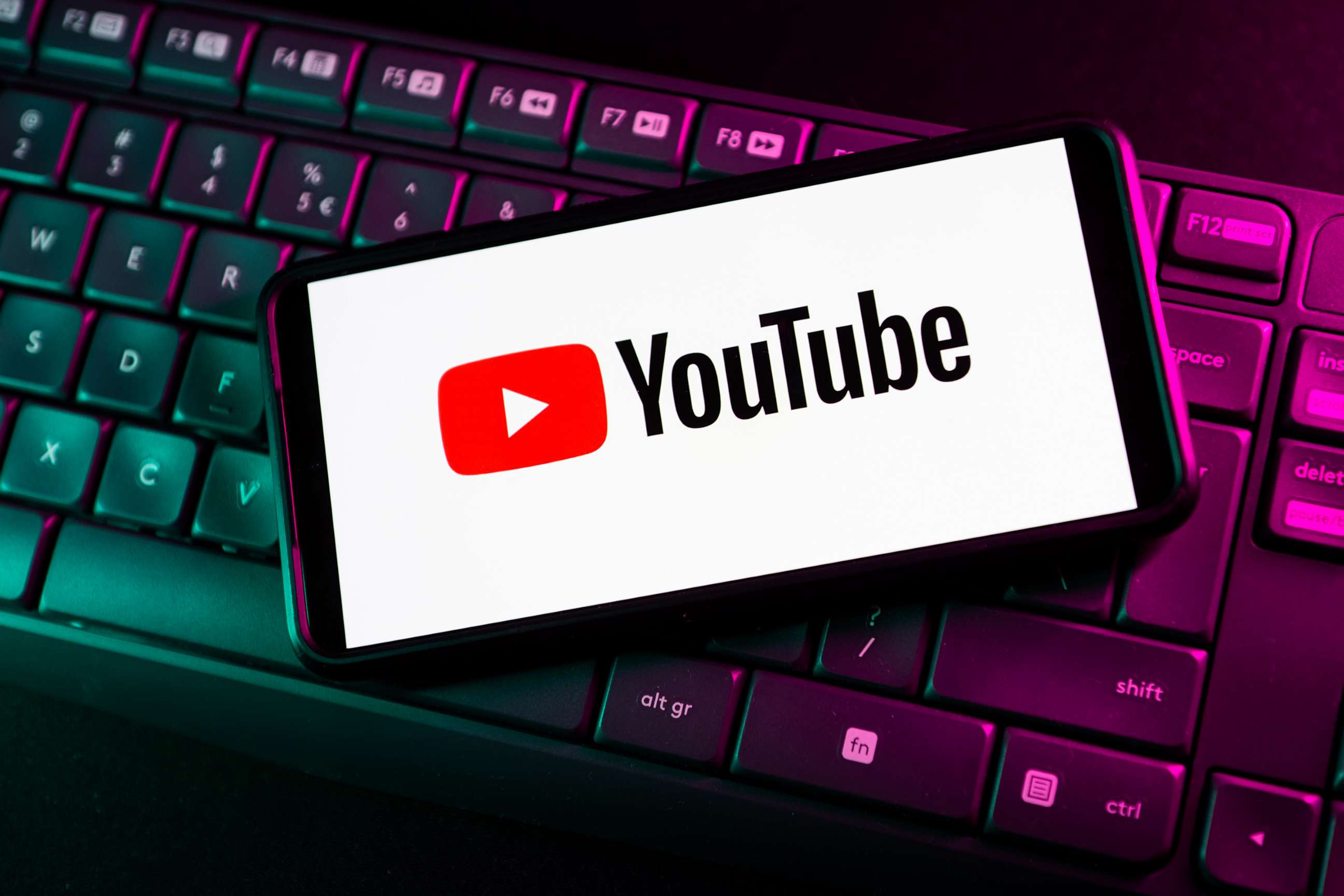YouTube updates guidelines for eating disorder-related content
YouTube announced Tuesday a new framework for eating disorder-related content.
YouTube, the largest video-sharing platform, announced Tuesday a new policy framework for eating disorder-related content, in the company’s latest effort to address the growing mental health crisis, especially among teens, who can often be “vulnerable viewers.”
The new policies outline prohibiting content that features “imitable behavior” for “at-risk viewers,” including content that shows or describes behavior like restricting calories, setting age restrictions on content that discusses disordered eating behavior and adding information about mental health resources under videos related to eating disorders.
"We may age-restrict content where an individual may be describing binging or purging or calorie restriction in the context of their journey through recovery, but in doing that, may be introducing or describing information that could serve as a trigger to those who may be viewing," Dr. Garth Graham, managing director and global head of health care and public health for YouTube and its parent company Google, told "Good Morning America."
YouTube, a global video-sharing platform that boasts over 2 billion users, said it worked with the National Eating Disorder Association (NEDA) and Asociación de Lucha contra la Bulimia y Anorexia to expand the scope of its Community Guidelines.

“We know from the data that YouTube had over 1.4 billion views on mental health content in the US in 2021 and we know that the earlier a person with an eating disorder reaches out and seeks treatment, the greater the likelihood of physical and emotional recovery,” said Sarah Chase, the vice president of communication for NEDA, in part of a statement announcing YouTube's new guidelines. “YouTube is taking a further step in the right direction toward helping NEDA with our mission.”
The updated policy comes nearly a month after researchers reported that an increased time spent on social media platforms, like YouTube, was identified as a risk factor for disordered eating.
The National Institute of Mental Health defines eating disorders as serious illnesses that cause severe disturbances to a person’s eating behaviors.
Disordered eating behaviors include binge-eating, purging, laxative abuse, and fasting for weight loss, which are nearly as common among males as they are among females. Nearly 28.8 million Americans will suffer from an eating disorder at some point in their lives, according to NEDA.
During the coronavirus pandemic, the number of people who were hospitalized for eating disorders in the United States doubled, data shows.
Cole Kazdin, the author of "What's Eating Us? Women, Food and the Epidemic of Body Anxiety," told "GMA" that research shows that the adolescent years bring the "highest risk for the onset of an eating disorder."
She said that while YouTube's new guidelines are forward momentum, no single initiative can end what she calls the "crisis" of eating disorders.
"I think steps like this may have some impact, but eating disorders predate social media. They are an epidemic," Kazdin said. "And while social media may play one role in exacerbating the way people feel about themselves, we have to be really careful to know this is not something that is going to solve a crisis."

Rachel Simmons, an author and parenting expert, told "GMA" that the most important thing parents can do to help protect their kids from eating disorder struggles is to model body-positive behavior themselves.
"It all starts with us. The kids are watching us. They watch how we talk about body image and about how people look and about how we eat and they take a note from us, so we have to be conscious and think about what we're teaching them," she said. "We also have to speak up when we see body shaming. We live in a culture that does not give people dignity at any size. When our kids see people showing respect and not body-shaming, they know that's how we feel about them."
Simmons said parents also need to create space for their child to come to them with questions and guidance, versus turning online.
"We also need to remember that technology is not a substitute for parenting. We are the primary educators," Simmons said. "We've got to let our kids ask us questions and tell them what they need to hear right from us."
If you or someone you know is battling an eating disorder, contact the National Eating Disorders Association (NEDA) at 1-800-931-2237 or NationalEatingDisorders.org.






